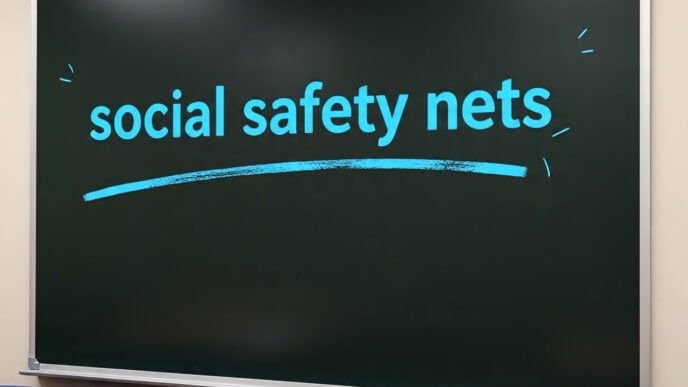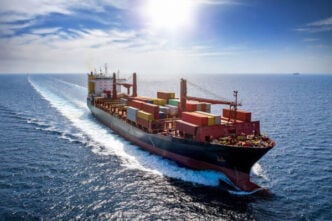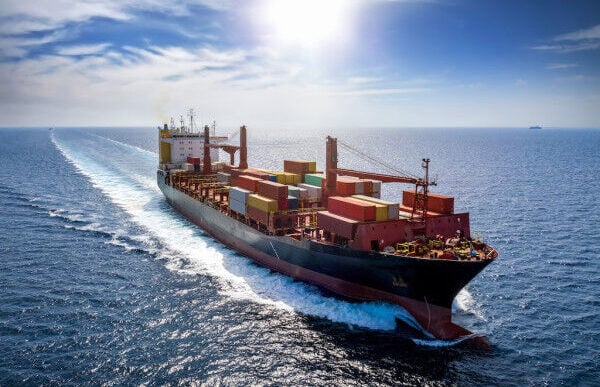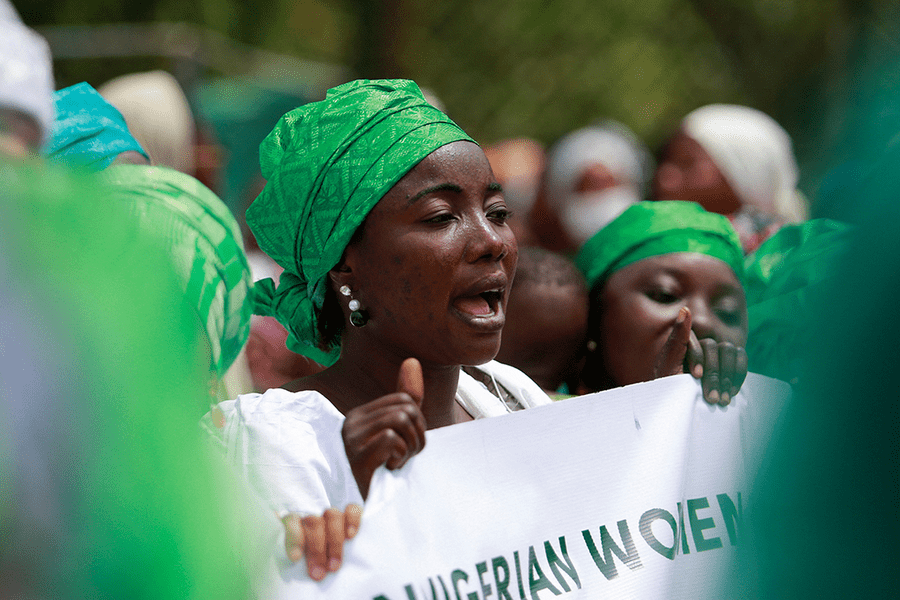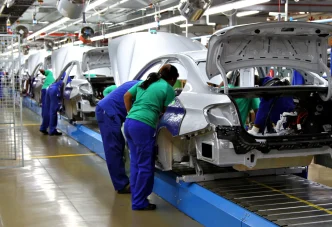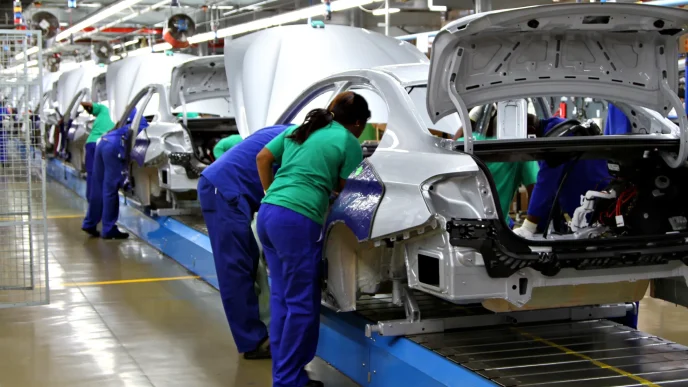BY AYODEJI SERIKI
Only few Nigerians know that between 2015 and 2019, about $70 billion was invested in the Oil and Gas industry in Africa. But that was where the good news ended. While Nigeria always boasts of having the largest crude and gas reserve on the continent, onlyy 4% of the $70 billion investment that came to Nigeria. Yes, just FOUR PER CENT. Countries like Gabon, Angola and Equatorial Guinea took the large chunks of that $70 billion. The most annoying aspect of it all was that multinationals operating in Nigeria took their skilled staffs to these African countries where these funds were being invested. Such was the bleak nature of the nation’s Oil and Gas industry until the signing of the Petroleum Industry Act, PIA, by late former President Mohammadu Buhari.
The PIA became a game changer. And the reasons for this are very obvious. But before delving into this, perhaps it might be trite to produce some background into the state of Nigeria’s Oil and Gas industry in the last 20 years.
While the oil kept flowing, there was no major investment in the sector for so many years. In fact, the last major investment in the sector was in 2014. This was the last time there was any major investment in the deepwater that led to first oil in Nigeria. It is no gainsaying that investment in the deepwater is such a very expensive undertaking and only the likes of Exxon, Shell Chevron, could eve dare it. But without a comprehensive legal framework, these multinationals did not show any interest.
The last deepwater investment that was undertaken in Nigeria was in 2014 and it was the last Final Investment Decision (FID), until after the signing of the PIA in 2021. What many also do not know is that investment in the sector is never like other sectors where one person can just call the shots or make the final decision on what to do and not what to do. When an FID comes in, it means every party involved is ready to make the commitments necessary to achieve results. It means they are ready to provide the technical know-how and above all, the funds.
Advertisement
Interestingly, the last major investment before the signing of the PIA, as earlier stated, was in 2014. The closet to any major investment was the Egina field development. The first oil from Egina field development came on stream in December 2018 and they started selling oil there in early 2019. While the nation might want to celebrate this Egina Field, it did not also come east. It had to take a ‘leap of faith’ from the the Chinese Oil firm, China National Offshore Oil Corporation (CNOOC) for Egina field development to see the light of day. And it was not because they so much loved Nigeria. It was because they were looking for investment outside their shores. And that was why they were ready to take the risk of uncertainty of the Nigerian legal/fiscal frameworks, which others could not face.
Hardly could you blame major players in the Oil and Gas industry if they did not want to invest in the sector. They prefer to drill these fields and wells until they had made enough money from it and hand it over to the then NNPC as marginal oil fields. Could you blame them? The legislation we were using for the governance of our Oil and Gas sector was the one promulgated in the 60s and 70s. Virtually every major oil producing nation seems to have left Nigeria behind. No wonder only a paltry percentage of the $70billion came to Nigeria. Even the Petroleum Act had been undergoing what could best be described as change upon change until we got what we have today. A government would come and take one aspect of it and amend or adjust to suit some perceived preferences. There was no holistic law that definitely and specifically explained what happens when you want to invest either in the downstream or upstream sector of the oil and gas industry. No law even specified who was a regulator or not. The then Department of Petroleum Resources, DPR, was created to fill in the regulatory gap. But then, there were no specific provisions of the law backing the establishment of then DPR.
And then the PIA finally came into the rescue. The PIA did not only change the way business was being conducted in the sector, it also provided the much needed legal backing to certain decisions and investments that involved billions of dollars. Gone were the days when some government would come on board and change a major investment decision entered into on behalf of the previous government with a wave of hand. Secondly, the NNPC became NNPC-L (Nigerian National Petroleum Corporation Limited) with Ministry of Finance Incorporated and Ministry of Petroleum Incorporated as the major shareholders with 50% stake each. Then the era of cash call issues were permanently laid to rest and it may interest Nigerians to know that before the passing of PIA in 2021, there was a backlog of cash calls to the tune of over $6.7billion! Luckily, these have been cleared simply because the NNPC does not have to wait for the Ministry of Finance to remit what was due to it after inflows had been paid into the federation account.
Advertisement
These are gains. Incontrovertible gains for the Nigeria’s oil and gas industry.
But again, this is Nigeria. Some interests seem not comfortable with these gains and that was why the idea of amending Section 8 of the PIA was muted last year and now it seems they are bent on carrying it through going by a letter from the office of Attorney-General of the Federation and Minister of Justice, Lateef Fagbemi, SAN.
The proposed amendment of Section 8 of the PIA states that “the Commission (i.e. Nigerian Upstream Petroleum Regulatory Commission, NUPRC) will act as the government representative in all model contracts attached to the licenses and leases contemplated in section 85 as well as replacing NNPCL as concessionaire in all subsisting Production Sharing Contract and Risk Service Contracts, and in this role, be responsible for evaluating and approving relevant work programs and for verifying and approving all contractor costs for the purpose of determining cost recoverable expenditure under all such contracts.”
Someone who should know one or two things about the industry told this writer that the amendment means the NUPRC would be regulating itself. Hear him: “This amendment simply implies that the Commission (NUPRC) will be regulating itself and simultaneously bid and award concession rights to itself. That is to say that NUPRC will now be sitting in judgment over its own bid and lease applications. This unusual dual role offends the impartiality requirement under Section 36 of the PIA and violates the basic principle in law (nemo judex principle). Summarily, granting the NUPRC the Concessionaire status in the PSCs completely undermine regulator credibility and will destroy investors’ confidence in the Nigerian Oil and Gas industry. Under the principle of separation of powers, regulatory agencies are to remain independent and focused solely on regulation, and guiding policy implementation, rather than competing commercially with the entities they regulate.”
Advertisement
He added that with proposed amendment of Section 8 of the PIA, the Commission will become both the “regulator” and the “regulated” persona which upsets the principle of separation of powers. He further clarified that international best practice requires a clear separation of responsibilities between the regulator and the regulated. This is to ensure regulatory neutrality, prevent conflict of interest, and safeguard investor confidence.
“Where a regulator becomes both referee and player, it undermines transparency and credibility of the licensing regime, potentially exposing Nigeria to disputes before international arbitral tribunals or deterring foreign investment. And this weakens the stability of the oil and gas industry in Nigeria as it further obliterates the basis of predictability of investments in the industry.,” the expert stated.
One has to put in perspectives certain developments in the industry to understand how far the PIA has helped the country. Presently, Shell is developing one deep water field called Bonga North and it is expected to come on stream in 2027 or 2028. That is a project with estimated recoverable reserve of over 500 million barrels of oil and oil equivalent. The interesting thing is that it is not the Nigerian government that is funding the project. The funding is coming 100% from Shell and her partners who are parties to OML118 PSC. Sources say that Shell and Exxon are major parties in this ongoing Bonga North Development project. And the interesting thing is that they started developing this Bonga North project immediately after the PIA was passed. Before PIA, Shell did not show enough interest in the project.
The ongoing Bonga North project alone has a total estimated development cost of about $5billon – the means about $5billion foreign direct investment into Nigeria. And this is a Production Sharing Contract, PSC. The underlining principle of the PSC is that the investor would bring money and technology, develop the field from the beginning to the end and then open the well and let oil start flowing. It is when oil starts flowing that government comes in to start sharing profit with the investor. Government will start taking royalty, tax and at same share profit with the IOC investors. The fundamental guiding rule in a PSC model is that risk is completely transferred to the investor such that after investment is made in field development, and oil does not flow in commercial quantity, the investor bears the loss all alone. This contractual principle is designed this way to protect the government from funding risk, because the government does not have the funds. It is the investor that does necessary seismic studies and draws conclusion that there is enough oil and gas in commercial quantity in the field.
Advertisement
Global best practices all over the world are that it is the regulator that issues licenses on behalf of the government and that is what NUPRC does. And part of their job is to also provide the regulatory frameworks (rules based on the provisions of the law) on how to go about the commercial agreements. It is the Concessionaire (NNPC-L) that receives that license and then works in partnership with investors, usually IOCs like Shell, Chevron, Exxon, etc. So, the Concessionaire will now draft a commercial contract (the PSC) with the investors, which would specify the rights and responsibilities/obligations of the investors and Concessionaire and how to share accruable profit oil and gas from the investment. The PSC will draw from existing legal framework (the law, e.g. PIA) to recognise the royalty to be paid, and the tax to be paid. So, it is the NNPC that serves as the commercial partner in this regard, from development of the field to production. In fact, they will start from crafting and executing a good commercial contract – the PSC. They will then move on to work with the investors who are always the operators to implement the PSC agreement.
It would cost nothing if this set-up, as it is, is allowed to be. Absolutely nothing!
Advertisement
Views expressed by contributors are strictly personal and not of TheCable.




